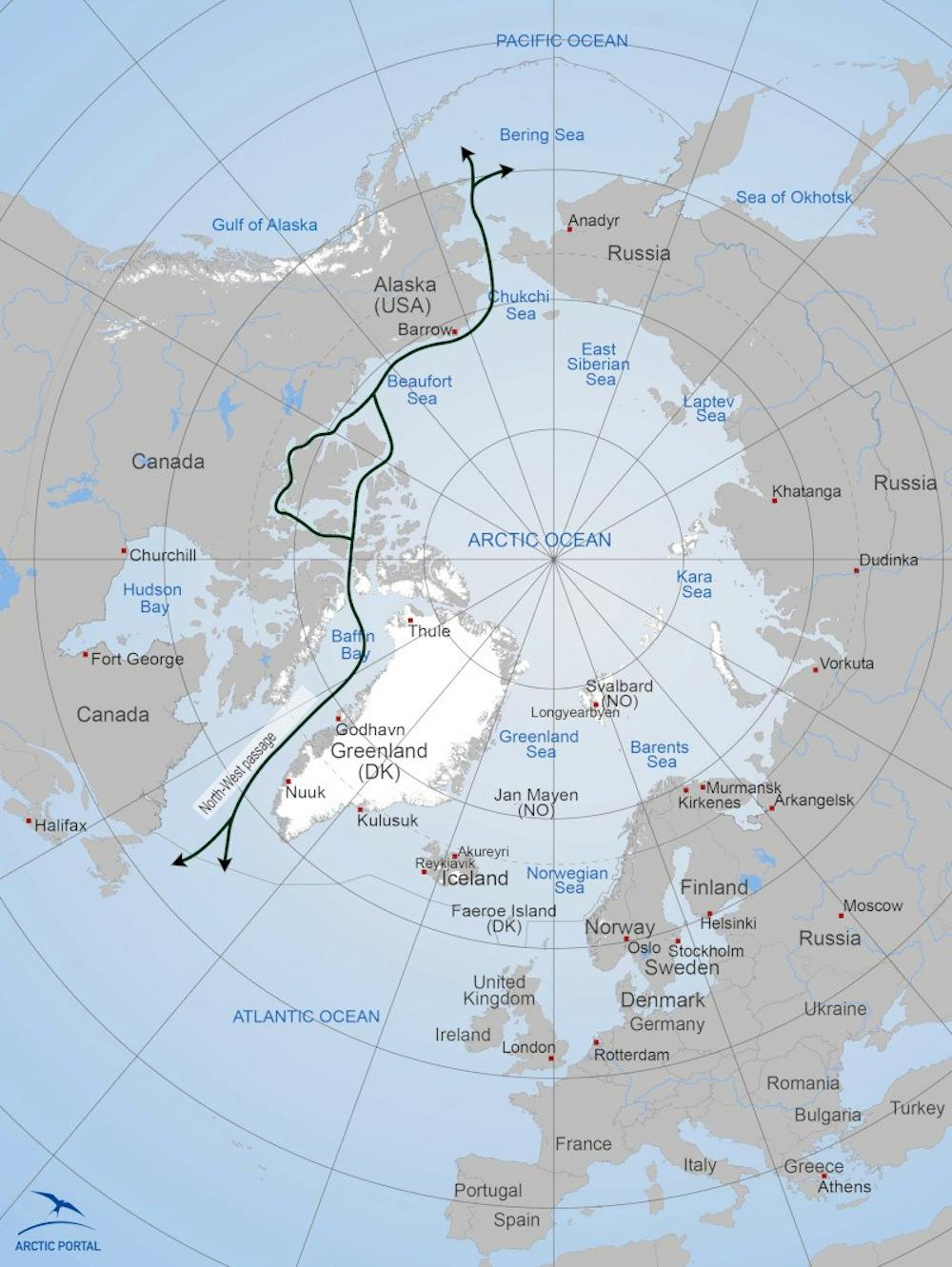Login to Continue Learning
At a recent press conference with the outgoing and incoming prime ministers of Greenland, Danish Prime Minister Mette Frederiksen clearly stated, “You cannot annex another country.” Her message was directed at Donald Trump rather than Russian President Vladimir Putin. This statement highlights that international law is clear but no longer certain due to US foreign policy under Trump.
Frederiksen, speaking in Nuuk, the capital of Greenland, emphasized that it’s for Greenlanders to decide their future, not the United States. Although controlled by Denmark, Greenland makes its own domestic policy decisions. Polls suggest a majority of islanders want independence from Denmark but do not wish to join the US.
Trump’s interest in Greenland is often linked to its vast, untapped mineral resources. However, its strategic location as a shipping route through the Arctic has become more critical due to melting sea ice. The Northwest Passage (along the US and Canadian shores) and the Northeast Passage (along Russia’s Arctic coast) are now frequently ice-free during the summer.

This has increased commercial shipping opportunities, with a container ship from Asia to Europe through the Northeast Passage being up to three times shorter than traditional routes through the Suez Canal or around Africa.
Similarly, the Northwest Passage offers the shortest route between the east coast of the United States and Alaska. The Arctic’s likely substantial resources, including oil and gas and minerals, further enhance its economic potential.
#### Arctic Assets
The economic promise of the Arctic has also heightened military and security sensitivities. On March 27, just before J.D. Vance’s visit to Greenland, Putin gave a speech at Russia’s sixth international Arctic forum in Murmansk, warning of increased geopolitical rivalry while emphasizing Moscow’s enhanced combat capabilities.
Russia has also increased naval cooperation with China, giving Beijing access to the Arctic and a stake in its development. In April 2024, both navies signed an agreement on search and rescue missions on the high seas.
China participated in Russia’s largest post-cold war naval maneuvers, Ocean-2024, in September 2024. The following month, Russian and Chinese coastguard vessels conducted their first joint patrol in the Arctic.
Vance’s concerns about Greenland’s safety are valid. The increased military presence of Russia-China partnerships in the Arctic has not gone unnoticed by western nations. Canada, for instance, announced a C$6 billion upgrade to its North American Aerospace Defense Command facilities jointly with the US and plans to acquire more submarines, icebreakers, and fighter jets.
Norway similarly bolstered its defense presence in the Arctic, particularly concerning Svalbard, prompting an angry response from Russia claiming Norway’s actions violate the 1920 Svalbard Treaty. From the Kremlin’s perspective, this is less about historical rights and more about strategic positioning for monitoring maritime traffic along Russia’s northeast passage.
From a US perspective, Greenland is more strategically important due to its proximity to the US. However, Svalbard is crucial for NATO in monitoring and countering Russian naval activities. This broader context often gets lost in Trump’s administration, which focuses on immediate neighborhood security rather than regional leadership.
While there have been no specific threats to Svalbard from Russia, Putin’s speech at the Arctic forum discussed historical territorial issues, including a 1910 proposal involving Greenland. Putin noted that NATO countries are increasingly designating the Far North as a springboard for possible conflicts.
In conclusion, maintaining and strengthening long-established alliances is crucial. Investing in expanded security cooperation with Denmark and Norway as part of NATO would secure US interests closer to home and send a strong message to Russia.



















